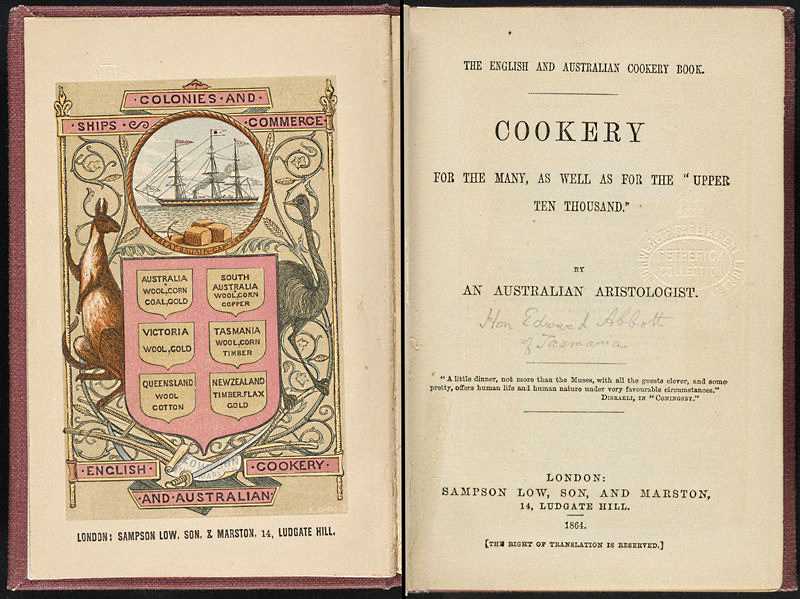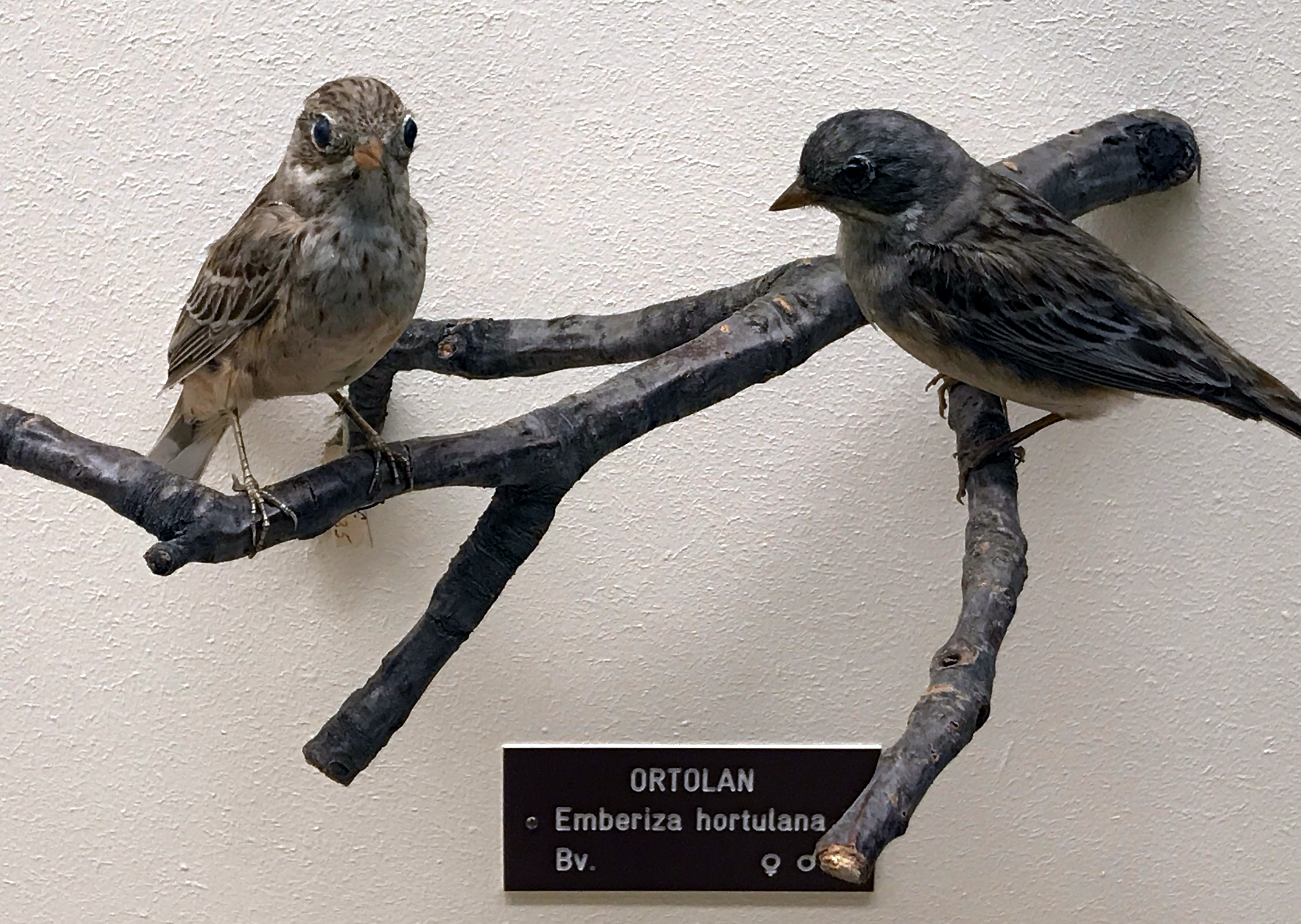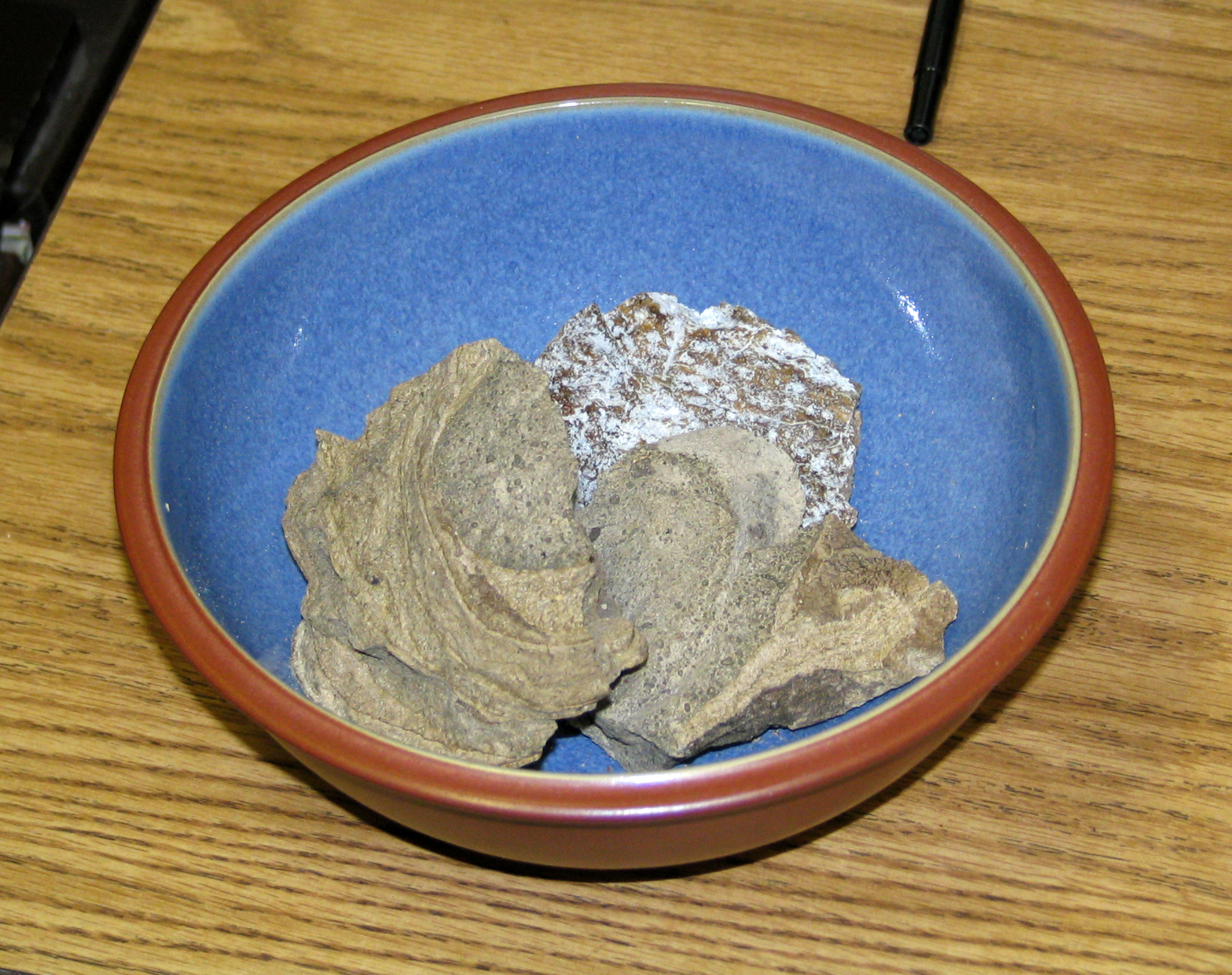|
The English And Australian Cookery Book
''The English and Australian Cookery Book'' is considered to be the first Australian cookbook. Published in London in 1864, the full title of the first edition reads: ''The English and Australian Cookery Book: Cookery for the Many, as well as the Upper Ten Thousand - by an Australian Aristologist''. The author, who listed himself only by the initials "E.A." in the introduction, was a Tasmanian named Edward Abbott. Edward Abbott Abbott was the son of a Canadian-born military officer, posted from New South Wales to Hobart in 1815 to become deputy judge advocate. Abbott junior rose from the position of clerk in his father's office to become a key player in the colony as wealthy grazier, coroner and parliamentarian. He lost much of his wealth, and years of his prime, to an epic legal battle with colonial authorities over a rescinded land grant. Eccentric, he is said to have been the first person to try to raise thylacine cubs (now extinct), his writing suggests he was something of ... [...More Info...] [...Related Items...] OR: [Wikipedia] [Google] [Baidu] |
Cookery Spread
Cooking, cookery, or culinary arts is the art, science and craft of using heat to prepare food for consumption. Cooking techniques and ingredients vary widely, from grilling food over an open fire to using electric stoves, to baking in various types of ovens, reflecting local conditions. Types of cooking also depend on the skill levels and training of the cooks. Cooking is done both by people in their own dwellings and by professional cooks and chefs in restaurants and other food establishments. Preparing food with heat or fire is an activity unique to humans. Archeological evidence of cooking fires from at least 300,000 years ago exists, but some estimate that humans started cooking up to 2 million years ago. The expansion of agriculture, commerce, trade, and transportation between civilizations in different regions offered cooks many new ingredients. New inventions and technologies, such as the invention of pottery for holding and boiling of water, expanded cooking t ... [...More Info...] [...Related Items...] OR: [Wikipedia] [Google] [Baidu] |
Curaçao (liqueur)
Curaçao ( , ) is a liqueur flavored with the dried peel of the bitter orange laraha, a citrus fruit grown on the Dutch island of Curaçao. Curaçao can be sold in numerous forms, though the most common are the orange-hued dry Curaçao and blue Curaçao, which is dyed bright blue. History It is unknown who developed the first Curaçao liqueur and when. The Dutch West Indies Company took possession of Curaçao in 1634. The Bols distillery, founded in 1575 in Amsterdam, had shares in both the West and East India Companies to guarantee the access to spices required for their distilled drinks. According to the early nineteenth-century French culinary chronicler Alexandre Grimod de la Reynière, curaçao originated in Flanders, and proximity to the province of Holland gave distillers easy access to the necessary peels (since Curaçao was a Dutch colony at the time). Curaçao liqueur is traditionally made with the dried peels of the laraha (''Citrus'' × ''aurantium'' subsp. ''curras ... [...More Info...] [...Related Items...] OR: [Wikipedia] [Google] [Baidu] |
1864 Non-fiction Books
Events January–March * January 13 – American songwriter Stephen Foster ("Oh! Susanna", "Old Folks at Home") dies aged 37 in New York City, leaving a scrap of paper reading "Dear friends and gentle hearts". His parlor song " Beautiful Dreamer" is published in March. * January 16 – Denmark rejects an Austrian-Prussian ultimatum to repeal the Danish Constitution, which says that Schleswig-Holstein is part of Denmark. * January 21 – New Zealand Wars: The Tauranga campaign begins. * February – John Wisden publishes '' The Cricketer's Almanack for the year 1864'' in England; it will go on to become the major annual cricket reference publication. * February 1 – Danish-Prussian War (Second Schleswig War): 57,000 Austrian and Prussian troops cross the Eider River into Denmark. * February 15 – Heineken brewery founded in Netherlands. * February 17 – American Civil War: The tiny Confederate hand-propelled submarine ''H. L. Hun ... [...More Info...] [...Related Items...] OR: [Wikipedia] [Google] [Baidu] |
Australian Cuisine
Australian(s) may refer to: Australia * Australia, a country * Australians, citizens of the Commonwealth of Australia ** European Australians ** Anglo-Celtic Australians, Australians descended principally from British colonists ** Aboriginal Australians, indigenous peoples of Australia as identified and defined within Australian law * Australia (continent) ** Indigenous Australians * Australian English, the dialect of the English language spoken in Australia * Australian Aboriginal languages * ''The Australian ''The Australian'', with its Saturday edition, ''The Weekend Australian'', is a broadsheet newspaper published by News Corp Australia since 14 July 1964.Bruns, Axel. "3.1. The active audience: Transforming journalism from gatekeeping to gatew ...'', a newspaper * Australiana, things of Australian origins Other uses * Australian (horse), a racehorse * Australian, British Columbia, an unincorporated community in Canada See also * The Australian (disambiguation ... [...More Info...] [...Related Items...] OR: [Wikipedia] [Google] [Baidu] |
Salvia Officinalis
''Salvia officinalis'', the common sage or just sage, is a perennial, evergreen subshrub, with woody stems, grayish leaves, and blue to purplish flowers. It is a member of the mint family Lamiaceae and native to the Mediterranean region, though it has been naturalized in many places throughout the world. It has a long history of medicinal and culinary use, and in modern times it has been used as an ornamental garden plant. The common name "sage" is also used for closely related species and cultivars. Names ''Salvia officinalis'' has numerous common names. Some of the best-known are sage, common sage, garden sage, golden sage, kitchen sage, true sage, culinary sage, Dalmatian sage, and broadleaf sage. Cultivated forms include purple sage and red sage. The specific epithet ''officinalis'' refers to plants with a well-established medicinal or culinary value. Taxonomy ''Salvia officinalis'' was described by Carl Linnaeus in 1753. It has been grown for centuries in the Old World f ... [...More Info...] [...Related Items...] OR: [Wikipedia] [Google] [Baidu] |
Ortolan Bunting
The ortolan (''Emberiza hortulana''), also called ortolan bunting, is a Eurasian bird in the bunting family Emberizidae, a passerine family now separated by most modern scholars from the finches, Fringillidae. The genus name ''Emberiza'' is from Alemannic German , a bunting. The specific ''hortulana'' is from the Italian name for this bird, . The English ''ortolan'' is derived from Middle French , "gardener". The ortolan is served in French cuisine, typically cooked and eaten whole. Traditionally diners cover their heads with their napkin, or a towel, while eating the delicacy. The bird is so widely used that its French populations dropped dangerously low, leading to laws restricting its use in 1999. In September 2007, the French government announced its intent to enforce long-ignored laws protecting the bird. Taxonomy The ortolan bunting was described by the Swedish naturalist Carl Linnaeus in 1758 in the tenth edition of his ''Systema Naturae'' and retains its original bin ... [...More Info...] [...Related Items...] OR: [Wikipedia] [Google] [Baidu] |
Peafowl
Peafowl is a common name for three bird species in the genera '' Pavo'' and ''Afropavo'' within the tribe Pavonini of the family Phasianidae, the pheasants and their allies. Male peafowl are referred to as peacocks, and female peafowl are referred to as peahens, although peafowl of either sex are often referred to colloquially as "peacocks." The two Asiatic species are the blue or Indian peafowl originally of the Indian subcontinent, and the green peafowl of Southeast Asia; the one African species is the Congo peafowl, native only to the Congo Basin. Male peafowl are known for their piercing calls and their extravagant plumage. The latter is especially prominent in the Asiatic species, which have an eye-spotted "tail" or "train" of covert feathers, which they display as part of a courtship ritual. The functions of the elaborate iridescent colouration and large "train" of peacocks have been the subject of extensive scientific debate. Charles Darwin suggested that they served ... [...More Info...] [...Related Items...] OR: [Wikipedia] [Google] [Baidu] |
Page 51 English And Australian Cookery
Page most commonly refers to: * Page (paper), one side of a leaf of paper, as in a book Page, PAGE, pages, or paging may also refer to: Roles * Page (assistance occupation), a professional occupation * Page (servant), traditionally a young male servant * Page (wedding attendant) People with the name * Page (given name) * Page (surname) Places Australia * Page, Australian Capital Territory, a suburb of Canberra * Division of Page, New South Wales * Pages River, a tributary of the Hunter River catchment in New South Wales, Australia * The Pages, South Australia, two islands and a reef **The Pages Conservation Park, a protected area in South Australia United States * Page, Arizona, a city * Page, Indiana * Page, Minneapolis, Minnesota, a neighborhood * Page, Nebraska, a village * Page, North Dakota, a city * Page, Oklahoma, an unincorporated community * Page, Virginia * Page, Washington, a ghost town * Page, West Virginia, a census-designated place * Page Airport (disambiguati ... [...More Info...] [...Related Items...] OR: [Wikipedia] [Google] [Baidu] |
Alexander Pope
Alexander Pope (21 May 1688 O.S. – 30 May 1744) was an English poet, translator, and satirist of the Enlightenment era who is considered one of the most prominent English poets of the early 18th century. An exponent of Augustan literature, Pope is best known for his satirical and discursive poetry including '' The Rape of the Lock'', ''The Dunciad'', and ''An Essay on Criticism,'' and for his translation of Homer. After Shakespeare, Pope is the second-most quoted author in ''The Oxford Dictionary of Quotations'', some of his verses having entered common parlance (e.g. "damning with faint praise" or " to err is human; to forgive, divine"). Life Alexander Pope was born in London on 21 May 1688 during the year of the Glorious Revolution. His father (Alexander Pope, 1646–1717) was a successful linen merchant in the Strand, London. His mother, Edith (1643–1733), was the daughter of William Turner, Esquire, of York. Both parents were Catholics. His mother's sister was the ... [...More Info...] [...Related Items...] OR: [Wikipedia] [Google] [Baidu] |
Ambergris
Ambergris ( or , la, ambra grisea, fro, ambre gris), ''ambergrease'', or grey amber is a solid, waxy, flammable substance of a dull grey or blackish colour produced in the digestive system of sperm whales. Freshly produced ambergris has a marine, fecal odor. It acquires a sweet, earthy scent as it ages, commonly likened to the fragrance of Isopropyl alcohol without the vaporous chemical astringency. Ambergris has been highly valued by perfume makers as a fixative that allows the scent to endure much longer, although it has been mostly replaced by synthetic ambroxide. Dogs are attracted to the smell of ambergris and are sometimes used by ambergris searchers. Etymology The word ''ambergris'' comes from the Old French "''ambre gris''" or "grey amber". The word "amber" comes from the same source, but it has been applied almost exclusively to fossilized tree resins from the Baltic region since the late 13th century in Europe. Furthermore, the word "amber" is derived from the Mid ... [...More Info...] [...Related Items...] OR: [Wikipedia] [Google] [Baidu] |
Shrub (drink)
In terms of mixed drinks, shrub is the name of two different, but related, acidulated beverages. One type of shrub is a fruit liqueur that was popular in 17th and 18th century England, typically made with rum or brandy, and mixed with sugar and the juice or rinds of citrus fruit. The word ''shrub'' can also refer to a cocktail or soft drink that was popular during America's colonial era, made by mixing a vinegared syrup with spirits, water, or carbonated water. The term can also be applied to the base, a sweetened vinegar-based syrup from which the cocktail is made; that syrup is also known as ''drinking vinegar''. Drinking vinegar is often infused with fruit juice, herbs and spices, for use in mixed drinks. History The early English version of the shrub arose from the medicinal cordials of the 15th century. The drink gained popularity among smugglers in the 1680s trying to avoid paying import taxes for goods shipped from mainland Europe: To avoid detection, smugglers would ... [...More Info...] [...Related Items...] OR: [Wikipedia] [Google] [Baidu] |
Mariana Starke
Mariana Starke (1761/2–1838) was an English author. She is best known for her travel guide to France and Italy which served as a popular companion for British travellers to the Continent in the early nineteenth century. She also wrote plays and poetry early in her career but was discouraged by harsh reviews. She was unmarried but sometimes referred to as Mrs. Starke, as was common at the time. Life and writing career Starke's mother was Mary (née Hughes) and her father was Richard Starke, governor of Fort St George in Madras (now known as Chennai). Starke grew up in India and used that country as a background for her plays ''The Sword of Peace'' and ''The Widow of Malabar''. Starke subsequently lived in Italy for an extended period, between 1792 and 1798, to attend a sick relation, and this experience formed the basis for her later writing. After the end of the Napoleonic Wars, Starke returned to Italy and devoted the rest of her life to continual revisions of her travel serie ... [...More Info...] [...Related Items...] OR: [Wikipedia] [Google] [Baidu] |









.jpg)